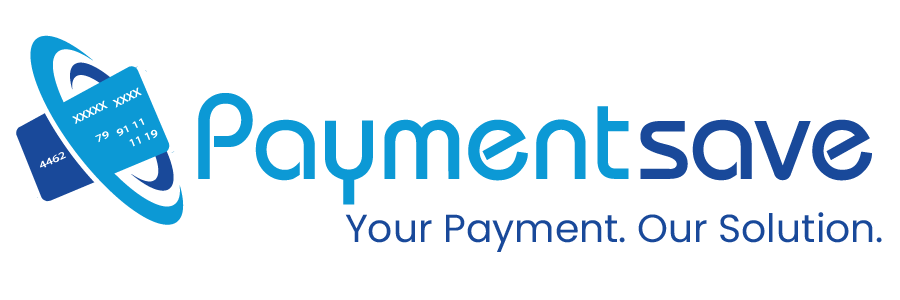
What is PCI Compliance, 12 Requirements for PCI Compliance
In the fast-paced digital world, where transactions occur in the blink of an eye, ensuring the security of sensitive financial information is paramount. This is where PCI compliance steps in, offering a framework to safeguard payment card data. In this comprehensive guide, we delve into the essence of PCI compliance, its requirements, and the benefits it brings to businesses.
Overview of PCI Compliance
PCI compliance, shorthand for Payment Card Industry Data Security Standard (PCI DSS), is a set of security standards designed to ensure that all companies that accept, process, store, or transmit credit card information maintain a secure environment. Established by major credit card companies such as Visa, Mastercard, American Express, Discover, and JCB, PCI compliance aims to protect cardholder data from theft and fraud.
12 Requirements for PCI Compliance
PCI standards for compliance are developed and managed by the PCI Security Standards Council.
- Install and maintain a firewall configuration to protect cardholder data: Firewalls act as the first line of defense against unauthorized access to cardholder data.
- Do not use vendor-supplied defaults for system passwords and other security parameters: Changing default passwords and settings reduces the risk of exploitation by cybercriminals.
- Protect stored cardholder data: Encryption and secure storage mechanisms ensure that stored cardholder data remains inaccessible to unauthorized individuals.
- Encrypt transmission of cardholder data across open, public networks: Encrypting data during transmission prevents interception by malicious actors.
- Use and regularly update antivirus software: Antivirus software helps detect and remove malicious software that could compromise cardholder data security.
- Develop and maintain secure systems and applications: Regularly updating systems and applications patches vulnerabilities that could be exploited by cyber attackers.
- Restrict access to cardholder data by business need-to-know: Limiting access to cardholder data to only those who require it for their job minimizes the risk of data breaches.
- Assign a unique ID to each person with computer access: Individual user accounts enable accountability and traceability in the event of a security incident.
- Restrict physical access to cardholder data: Implementing physical security measures such as locks and access controls prevents unauthorized access to cardholder data.
- Track and monitor all access to network resources and cardholder data: Monitoring and logging access activities help detect and respond to suspicious behavior promptly.
- Regularly test security systems and processes: Periodic vulnerability assessments and penetration testing identify and address security weaknesses before they can be exploited.
- Maintain a policy that addresses information security for all personnel: Establishing clear security policies and procedures ensures that all employees understand their roles and responsibilities in maintaining PCI compliance.
Benefits of PCI Compliance
- Enhanced Security: Implementing PCI compliance measures strengthens the security posture of an organization, reducing the risk of data breaches and fraud.
- Customer Trust and Confidence: Compliance demonstrates a commitment to protecting customer data, enhancing trust and confidence among customers and partners.
- Avoidance of Penalties and Fines: Non-compliance can result in hefty fines and penalties from regulatory bodies and credit card companies. Adhering to PCI standards helps avoid these financial repercussions.
- Protection of Reputation: Data breaches can tarnish a company’s reputation and erode customer trust. PCI compliance helps mitigate this risk by safeguarding sensitive information.
- Cost Savings: While implementing PCI compliance measures incurs initial costs, the long-term savings from preventing data breaches and fraud outweigh these expenses.
- Competitive Advantage: Being PCI compliant can give businesses a competitive edge, as it demonstrates a commitment to security and professionalism compared to non-compliant competitors.
Conclusion
PCI compliance is not just a regulatory requirement; it’s a proactive approach to protecting sensitive financial information, fostering trust with customers, and safeguarding the reputation and financial well-being of businesses.By adhering to the 12 requirements and reaping the benefits, organizations can navigate the digital landscape with confidence and integrity.
Choose PaymentSave for your Payment Solutions








